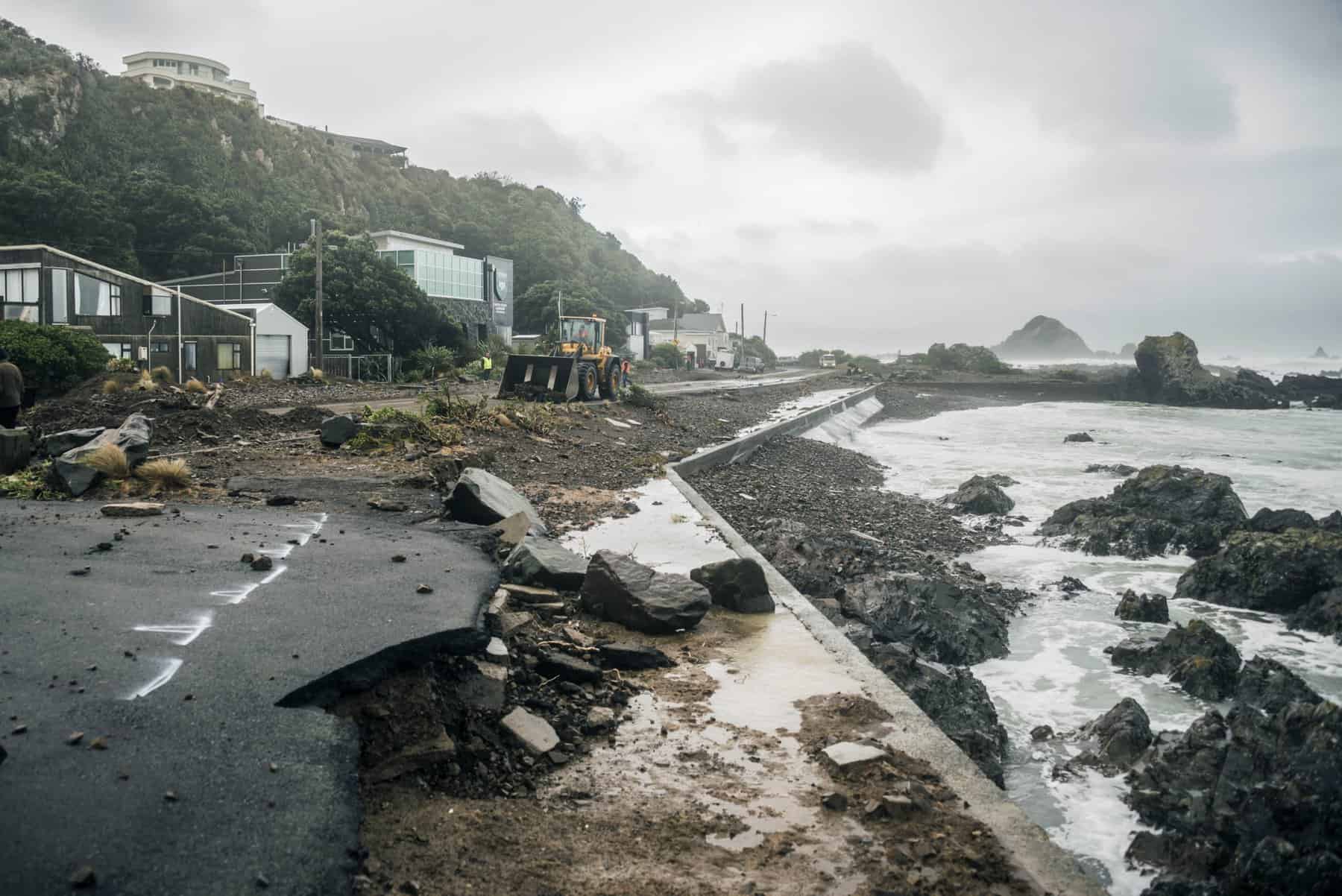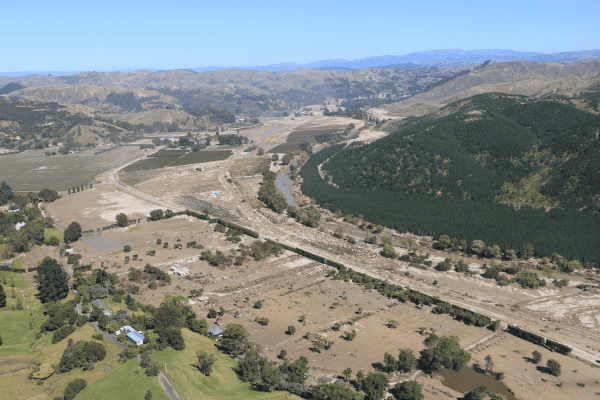Practice applications, lessons learned and next steps
By Dr Judy Lawrence
In early March, as impacted North Island communities and emergency responders cleaned up following the devastation of Cyclone Gabrielle, a symposium in Te Whanganui-a-Tara Wellington marked 10 years since New Zealand introduced adaptive pathways planning approaches for addressing the reality of climate change. The event brought together practitioners and experts to share lessons learned over the last 10 years of research and practice using Dynamic Adaptive Pathways Planning (DAPP) and associated Decision-Making under Deep Uncertainty (DMDU) tools.
The symposium builds on a collaboration between Deltares Institute in the Netherlands and the Climate Change Research Institute at Te Herenga Waka Victoria University of New Zealand, and was supported by the Resilience to Nature’s Challenges National Science Challenge, the Deep South National Science Challenge and the Ministry for the Environment.

Over the decade, there have been many applications of DAPP and DMDU methods across coastal and flood risk management, alpine facilities, conservation management, water and transport infrastructure, climate change action plans for cities and rural settings, and with Māori communities across Aotearoa New Zealand.
However, few projects have proceeded to the implementation stage due to governance and funding barriers.
Strong networks have developed amongst practitioners which will enable sharing of experiences and learnings to continue.
The lessons shared at the recent symposium include:
- Avoid investments that ‘lock in’ problems for the future in the same exposed places where damage has been or will be experienced
- Embed risk assessment and uncertainty into design standards and guidance for decision making on adaptation, mitigation and development
- Use water and soil characteristics to determine our spatial planning and enable just land-use choices that reduce rather than embed risk, for example, by allowing more room for rivers and flood ways
- Use decision tools that are fit for purpose, by considering increasing damage from ongoing climate changes that are costed appropriately
- Involving mana whenua at the start of the process is essential for sustainable outcomes from DAPP processes
- Shared governance between levels of local government and with central government is critical to enable DAPP outcomes to be implemented
- Include all adaptation options into pathways planning including the infrastructure supporting those options
- There is a general lack of understanding of the importance of natural systems to the adaptive planning process
- Governance and funding barriers remain, and require urgent attention to enable dynamic adaptive planning to be supported through to implementation stages.
Symposium organiser Dr Judy Lawrence of the Climate Change Research Institute, and DAPP tool developer Assoc Prof Marjolijn Haasnoot of Deltares Institute and Utrecht University, concluded that the Government can enable action through the National Adaptation Plan, but we will not achieve what is needed without all actors playing their part, as they all have different and complementary roles in the system.
Dr Lawrence hopes that recent extreme weather events will catalyse greater use of adaptive pathways planning tools.
She also points to timely opportunities to integrate knowledge and learnings into the Strategic Planning and Natural and Built Environment Bills.
“While we need to continue to learn about the effectiveness and feasibility of adaptation and about extreme events, we have the knowledge to accelerate action now,” Dr Lawrence says.
A summary report from this event is available here.




